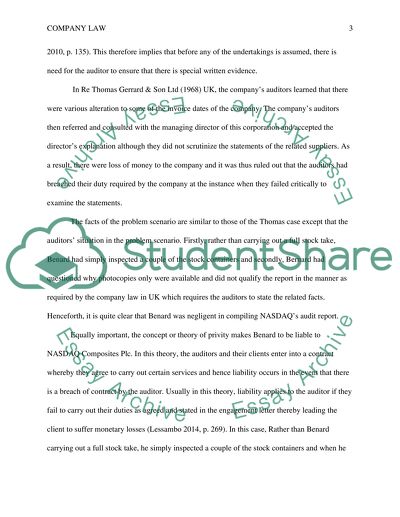Cite this document
(“Company Law Essay Example | Topics and Well Written Essays - 1500 words - 5”, n.d.)
Retrieved from https://studentshare.org/law/1674732-company-law
Retrieved from https://studentshare.org/law/1674732-company-law
(Company Law Essay Example | Topics and Well Written Essays - 1500 Words - 5)
https://studentshare.org/law/1674732-company-law.
https://studentshare.org/law/1674732-company-law.
“Company Law Essay Example | Topics and Well Written Essays - 1500 Words - 5”, n.d. https://studentshare.org/law/1674732-company-law.


